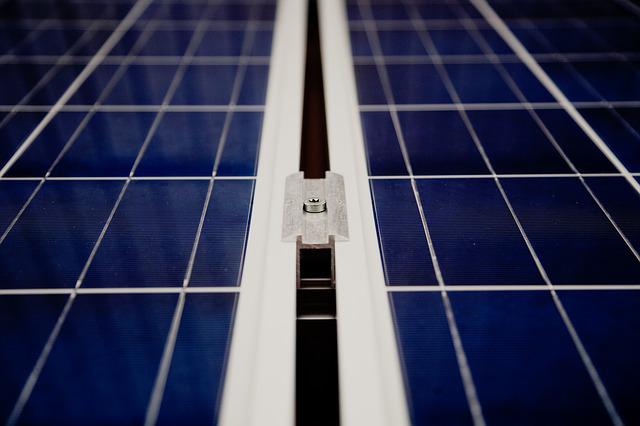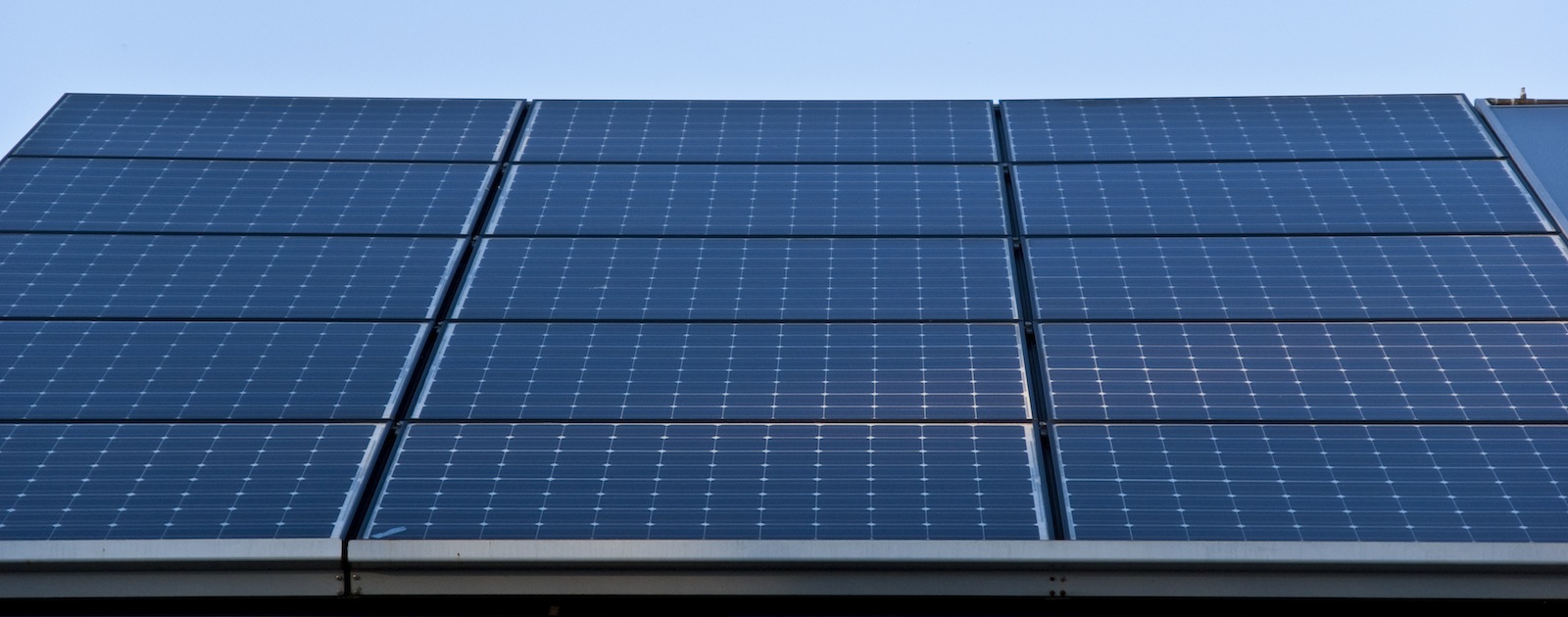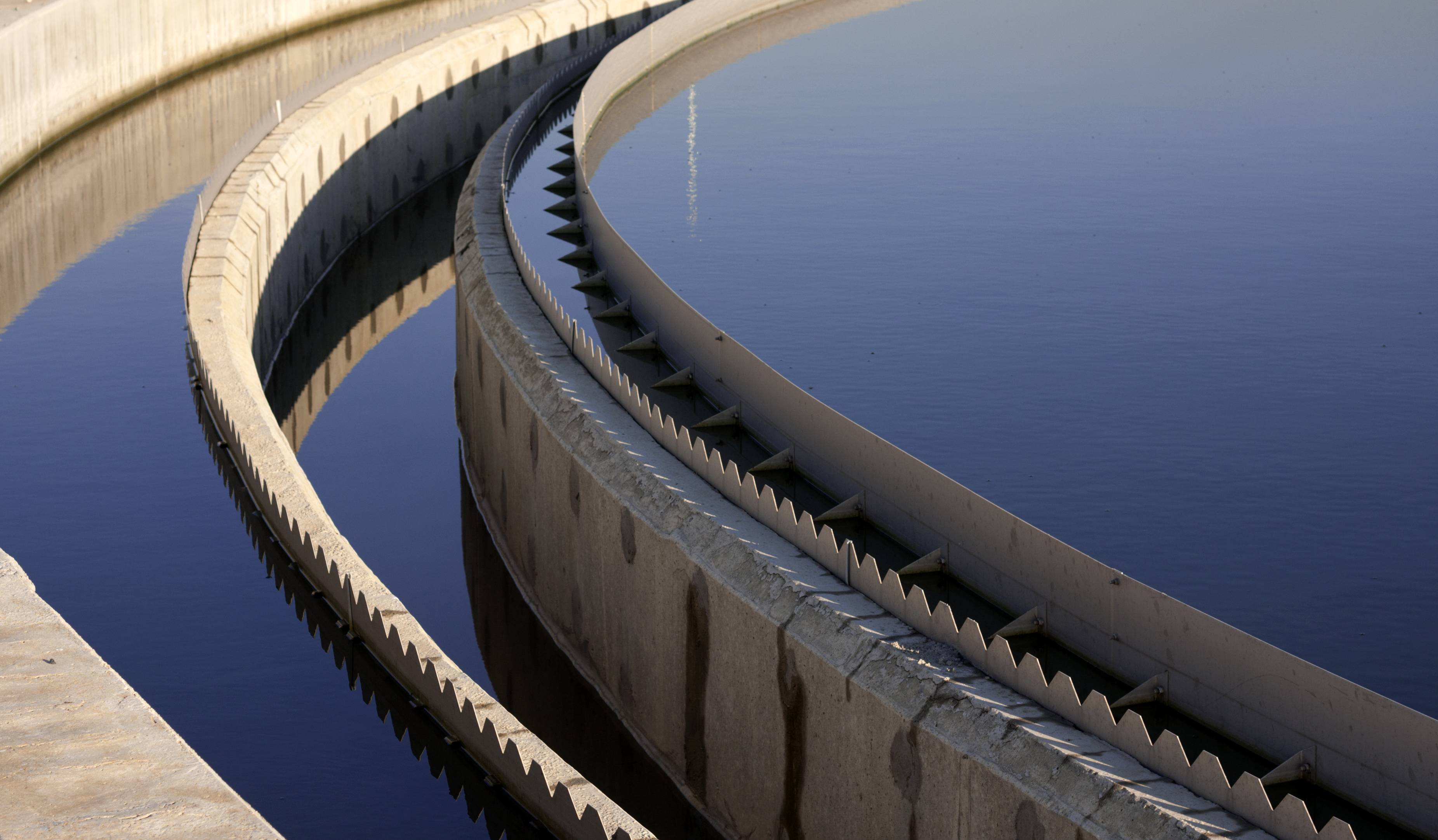
Although it might seem impossible to use solar panel in winter, it is possible. Many are asking if the winter months will bring snow and cold, so they're wondering if the panels actually work. While snow doesn't completely prevent solar panels from producing electricity it can greatly affect the system's efficiency and output. If you want to maximize your system's potential, you'll need to be prepared for winter. There are a few steps you can take to protect your investment, and make sure it will last the season.
It is essential to identify the sun's angle before winterizing solar panels. For some models of solar panels, a specific angle is required to ensure proper operation. This is something you should consult with a panel maker if you don’t have the necessary tools. It is also worth checking the warranty for your panel to ensure it is valid. If the angle is not correct, a manufacturer of solar panels might not honor the warranty.
The winter sun angle can be described as being the same as summer sun angle, but slightly lower. The angle is equal in magnitude to your latitude and 10 to 15% degrees. The ideal angle for solar panels is 45 degrees from the sun. If you are in a cold climate, you may need to get an extra durable rating for your panels.

The solar panel that's most likely to produce the most energy is the one that produces the best light-gathering effect. Although light snow might be the best option for cleaning your panels, heavy snow can actually decrease its output.
It is tempting to get rid of the snow on your panels but you need to be careful. It could damage your panels, or worse, your safety. If you decide to remove the snow on your own, you'll need to wear heavy-duty footwear and a secure harness to protect yourself from falls. To remove snow from your panels, you'll need a soft-bristled toothbrush.
Some snow loads are required for solar panels that can withstand winter. If you live in a cold climate, you'll want to keep your system in good working order throughout the winter. While snow will not completely inhibit the system's ability to generate electricity, it can add weight and affect the efficiency.
The solar panel that makes the most power is that which produces the greatest amount of energy per hour. The best part is that you can actually make more power during the winter months than you did during the summer. Even though it won't be as much as you'd expect during summer, it's still well worth the effort.

Even though the sun isn't as bright in winter, there's still enough sunlight to illuminate solar panels. In addition, snow and ice cover can hamper the system's ability to generate electricity.